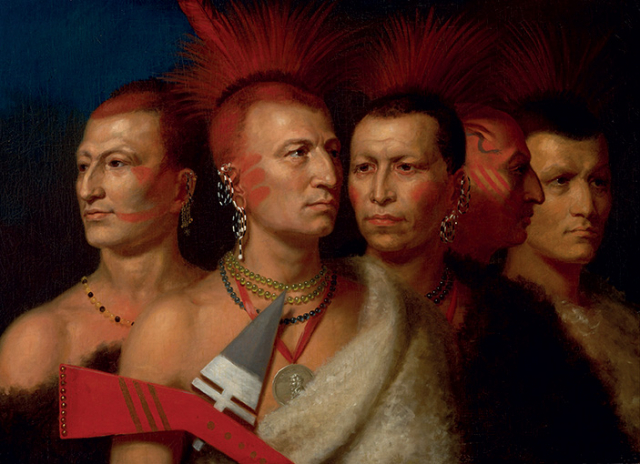Facing the Revolution: the other Americans
Historian article

The American Revolution presented all who lived through it with difficult choices about allegiance, identity, and self-interest. The responses of American loyalists, enslaved people, and Native Americans reveal much about the country’s revolutionary foundation and the United States of today.
The American Revolution was at once universal and narrowly nationalistic. America’s Founding Fathers have sometimes been portrayed as a visionary generation, establishing national exceptionalism, imbuing the USA with manifest destiny in a dual sense – to spread territorially and to propagate her values: to become, in Abraham Lincoln’s later phrase, humanity’s ‘last best hope’.
But the North American continent was inhabited by millions who did not accept this upstart nation as a champion of their rights. Most obviously, there were loyalist Americans, but there were also Native American nations living along the frontier of the thirteen colonies and, within American territory itself, enslaved black people. The Revolution confronted each group – and each individual – with conflict and choice. The variety of responses in the 1770s reveal how notions of government, race, and national identity, formulated by revolution, were hardwired into the fledging republic’s make-up alongside its Enlightenment ideals...
This resource is FREE for Historian HA Members.
Non HA Members can get instant access for £2.49

